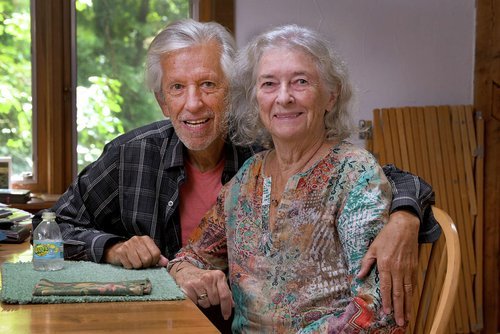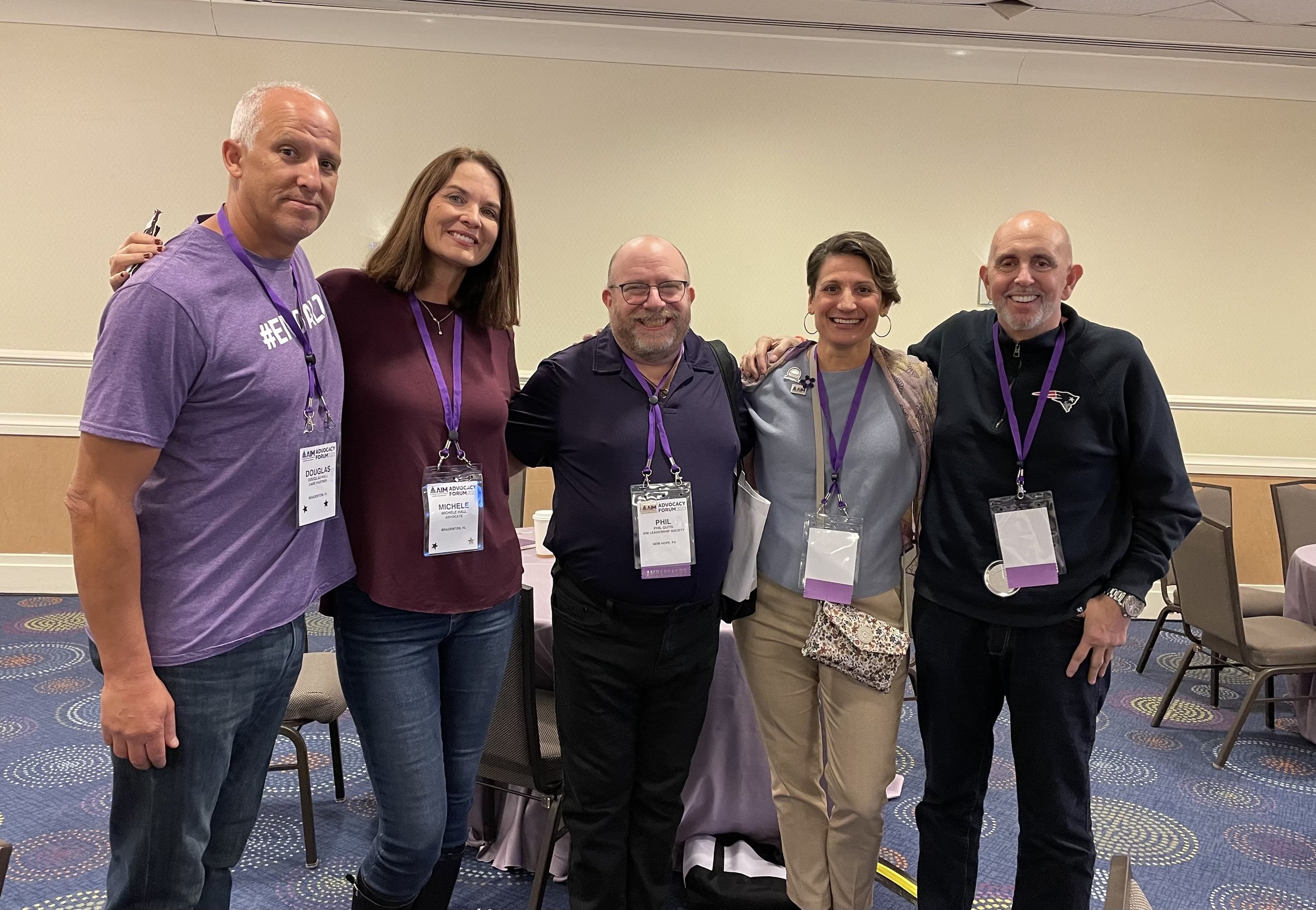
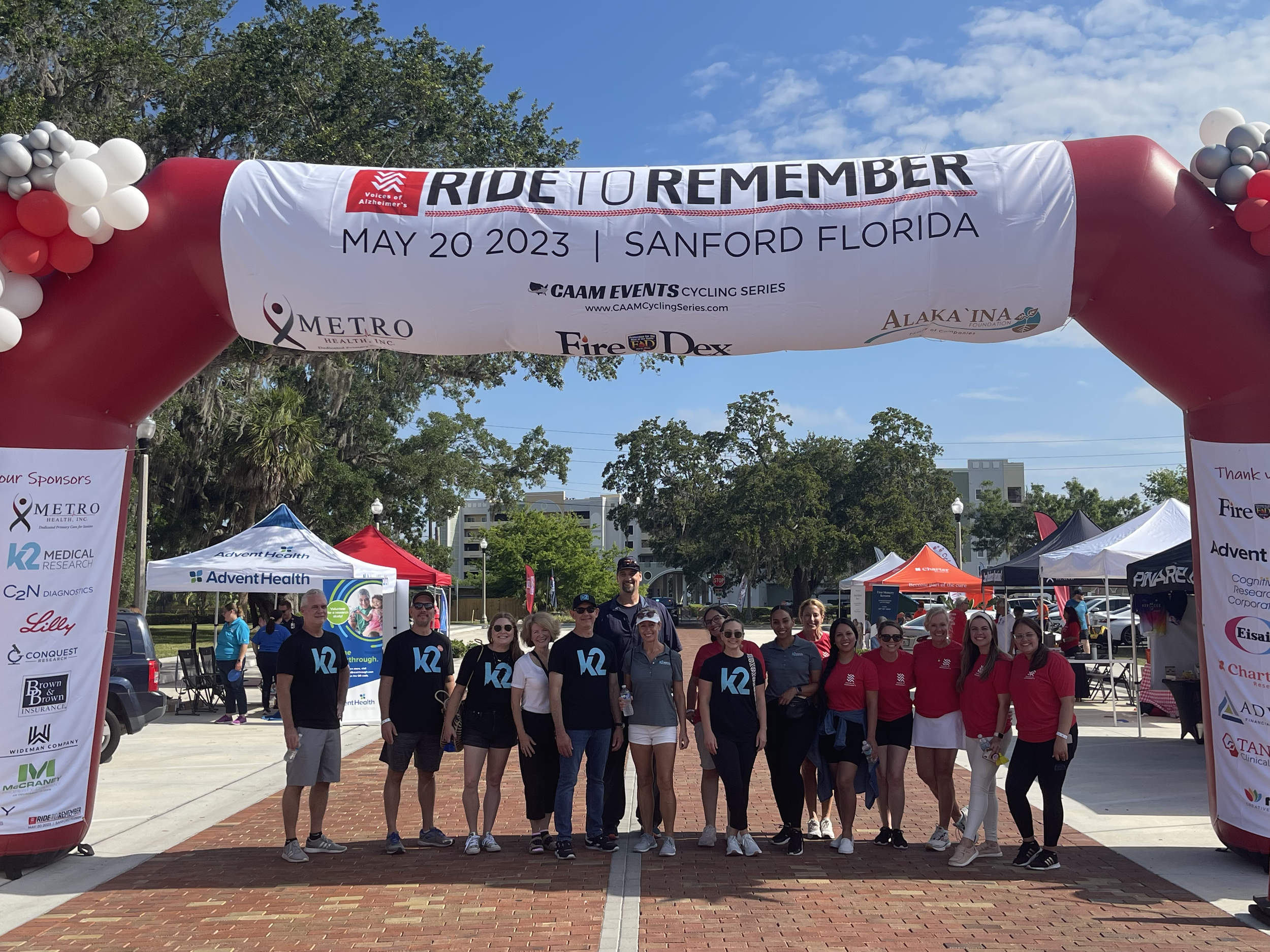


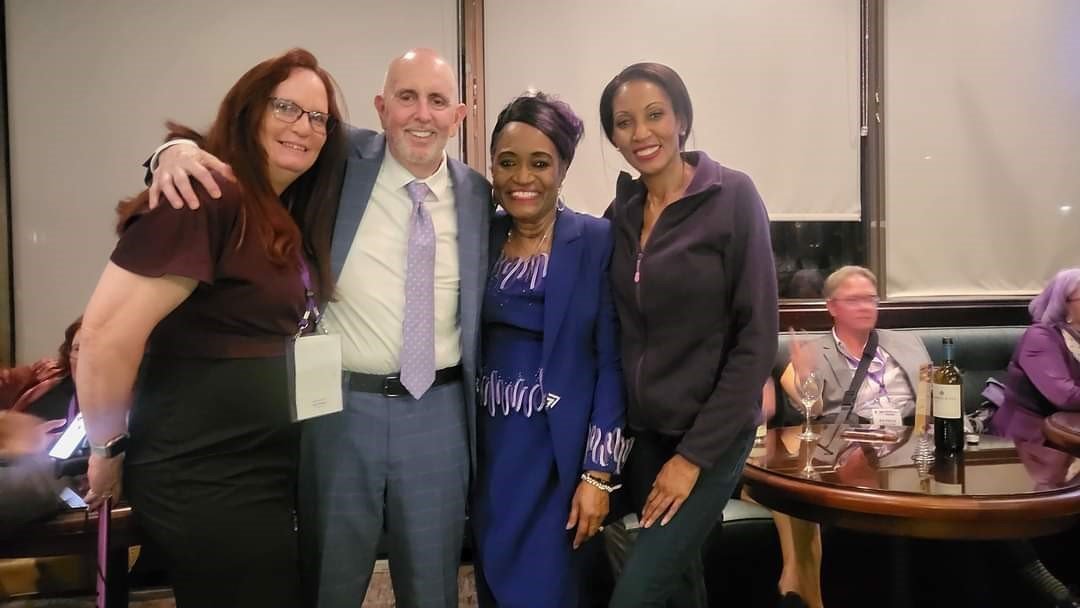
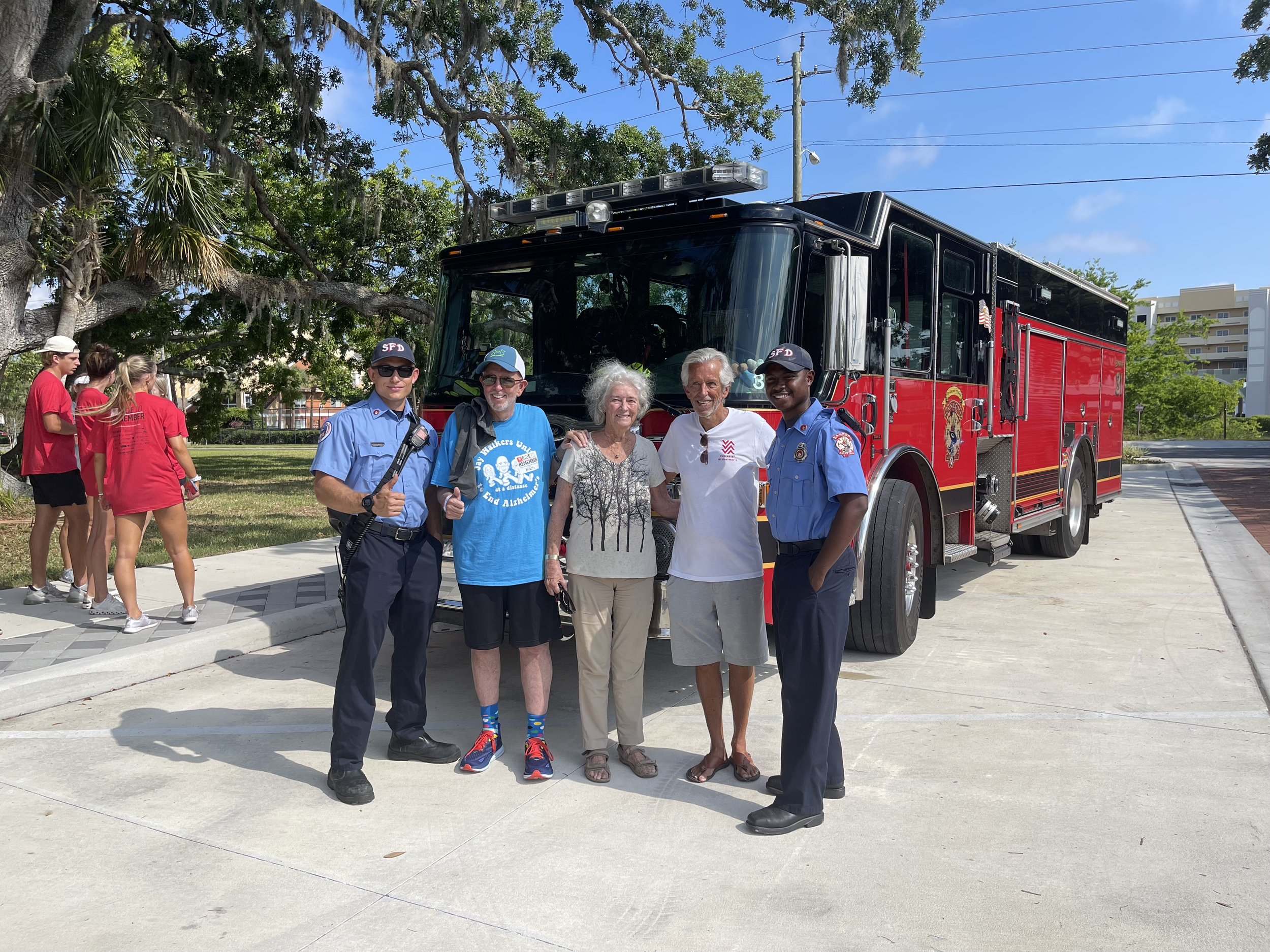
Personal Stories
-
“When I got my diagnosis of early onset Alzheimer’s through the aducanumab Alzheimer’s drug trial in 2016 (which was later FDA approved and rebranded under the name Aduhelm), I knew next to nothing about the disease — but I did know I was going to want to write about it, because that's what I do. I also became part of the Alzheimer’s Association’s National Early-Stage Advisory Group. Since then, I've been speaking and writing and talking and thinking nonstop about Alzheimer’s, and trying to make change, primarily through telling my story.”
-
-
“When my wife, Geri, was diagnosed with Alzheimer’s a decade ago, we felt very little energy in the greater Alzheimer’s community.
Support organizations had programs available for care partners, but very little existed to support Geri, the person living with the disease. Research was active but no breakthrough drugs were being discussed; federal government funding for Alzheimer’s research remained at about $.5 billion annually vs $6 billion for cancer. Brochure covers featured elderly individuals in the later stages of the disease, reflecting society’s view of Alzheimer’s only as a disease of the old and only as an end-stage illness.
The voice of the patient (“person living with the disease” is our preferred term) was rarely, if ever, heard. Well, "the times they are a-changin", and the face of Alzheimer’s is changing as well! (This is a Bob Dylan song).”
-
-
“‘There are a lot of changes I want to see in Alzheimer’s care and research,’ Montgomery said. ‘We need to study ways that make it easier to live with the disease. We need to encourage those of us who are recently diagnosed, let them know that there’s still fuel in our tank.’
Terrie also hopes that through her advocacy, she can play a part in stopping the discrimination against people living with Alzheimer’s that Medicare and Medicaid consistently engages in.
‘We must address biases by fighting for fair treatment and remind them we are worthy and have no intentions to just sit and do nothing,’ she says.”
-
-
“I had a long career as a professor and university executive, but that all came to an end when I got lost driving to my doctor’s office for a routine checkup. I mentioned my slip up, and my doctor began to probe.
Once she learned that I also was sleeping much more than I used to, she insisted on a quick cognitive test, which I failed. In April 2019, after months of testing, I received a diagnosis of early-stage Alzheimer's. Immediately, I took steps to resign my position as Chancellor of the University of Denver. My duty to the students and faculty required no less.
However, it took me a year to publicly open up about my Alzheimer's. I worried about the stigma. But then I learned about many people that go undiagnosed. I learned there are huge socioeconomic and race disparities in diagnosis and treatment of Alzheimer's. Ultimately, these revelations changed my perspective and turned me into an advocate, working to educate medical professionals and the public about the disease, reduce the stigma, and push for changes in research and policy.”
-
-
“Every day at 6:30 a.m., Jay Reinstein of Durham, N.C. receives a call from his youngest daughter on her way to her teaching job. A few hours later, he speaks separately with his parents, both in their 80s. Throughout the day, he interacts with his wife, and he cherishes video-connecting with his two children and five grandchildren who live out of state.
Reinstein’s days are all about quality of life and family. He is purposefully making up for lost time—and he doesn’t want to lose any more. ‘What I live for is to spend time with them,’ he says.
It wasn’t always that way, he admits. In local government for 25 years, the self-described workaholic had ‘neglected’ his loved ones, missing his daughter’s dance recitals and other family events.
Why the dramatic change? While serving as the assistant city manager in Fayetteville, N.C., he noticed frightening gaps in his short-term memory and skills. Once, he couldn’t recall the departments under his watch; increasingly, he wrote notes to himself and worked longer hours to keep up.”
-



